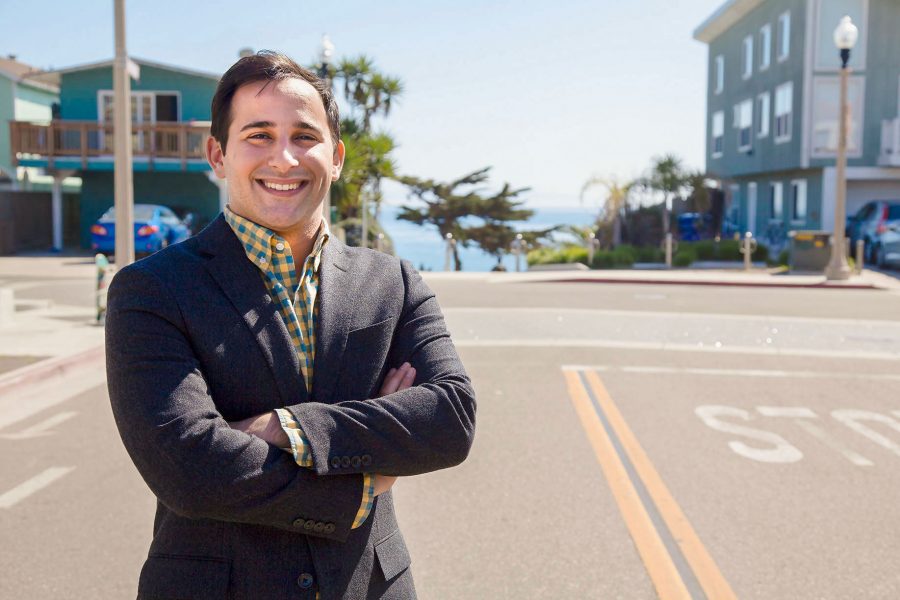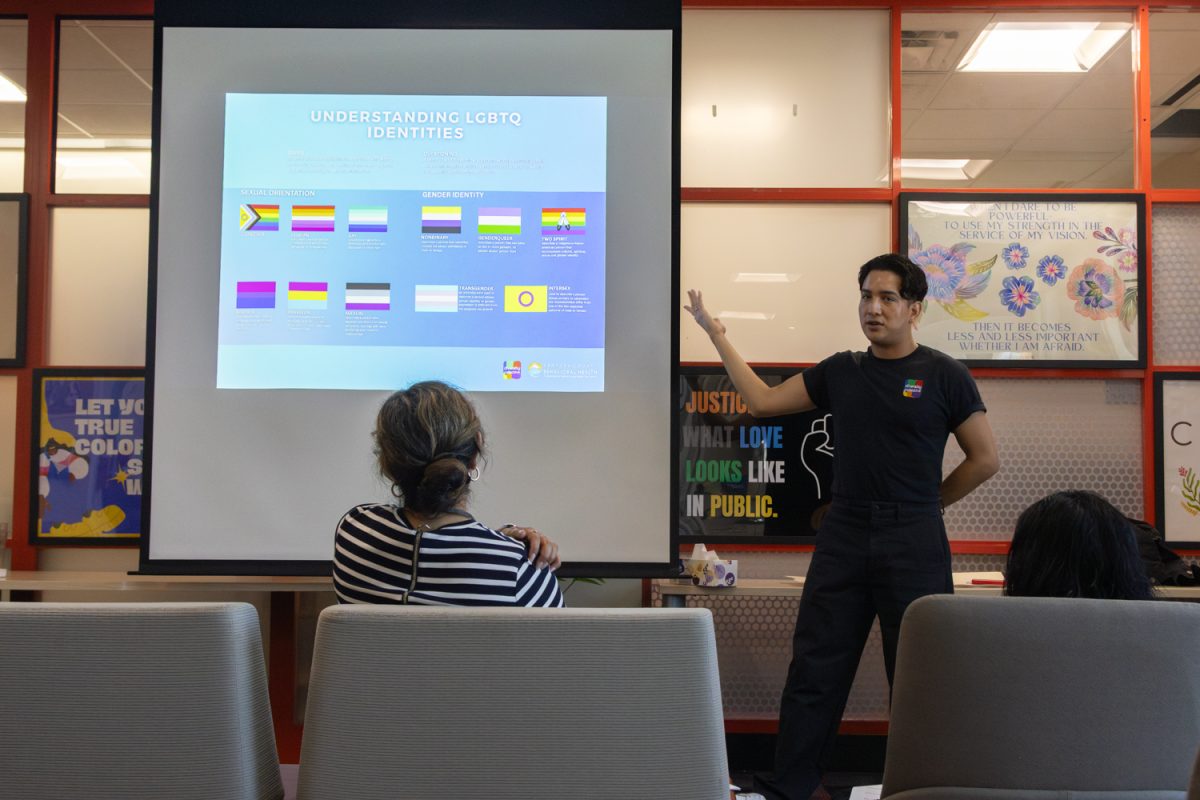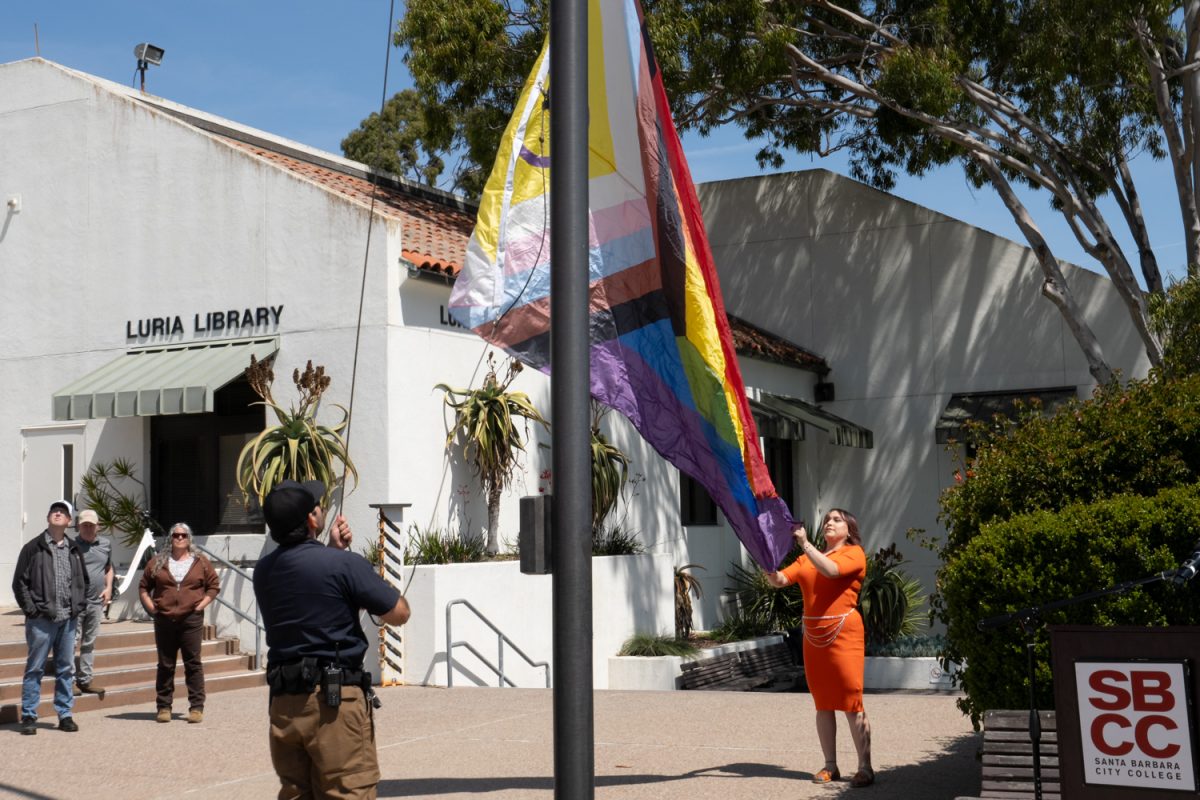The Associated Student Government officers attended the City College Board of Trustees meeting Thursday to discuss their concern with the board increasing non-residential student tuition without including them in the required, shared governance process.

Student Trustee
Emily Gribble
“I obviously stand behind the tuition increase. It’s essential, but I think that in relation to the tuition increase not going before the Associated Student Government, I think that is in violation of Ed Code,” Student Trustee Emily Gribble said in an interview after the meeting.
The student government and some board members still showed disagreement as to whether California Education Code or the Board Policy agreement was broken when the increase was approved.
In response, President Trustee Marsha Croninger said the board may look into expanding its policy in order to provide a clearer understanding and give the student government a stronger voice.
“We are in listening mode,” Croninger said.
The confusion derives from the wording of Ed Code and Board Policy about whether Gribble represents the students, or the student government while participating in board meetings. Director of Communications Luz Reyes-Martin said that the decision for the increase was justly approved because Gribble represents the voice of students.
According to the board’s policy, the student government is recognized as the “official voice for students in District participatory governance process.”
“I, as a trustee, am not representative of this organization, so they did not in fact perform shared governance,” Gribble said.
She said decisions made for City College have to go through all three forms of shared governance: the Academic Senate, the Student Government, and the Board of Trustees.
The Ed Code states that the board shall “recognize each associated student organization or its equivalent” as the “representative body of the students to offer opinions and to make recommendations to the administration of a college” that have or will have a “significant effect on students.”
“I do not, as a trustee, account as an association or the equivalent,” Gribble said.
She and a few other trustees clearly stated at the board meeting on Jan. 26 that they were not in favor of the tuition increase being approved before informing students about it. In fact, no one was particularly in favor, but the approval was necessary in helping reduce the college’s $9 million deficit.

Dylan Raiman, student senate president
“We get it; we understand difficulties of balancing budgets and dealing with impossible deficits,” Student President Dylan Raiman said.
No one from the student government opposed the increase, but they are opposed to students having no say in the matter.
“What’s really troubling is that when we walk around and talk to all of these people about what they thought of the increase, they had no idea that it even took place,” Parliamentarian Officer Sebastian Rothstein said. “That is a real problem.”
Since the board already approved the increase, there is no going back to change it. However, the board will take the student officer’s concern into consideration.
“In the future, I think it is really important that we reinforce our commitment to work together,” Raiman said.
“In the end, both the student government and the Board of Trustees are working to build the best possible community college. It doesn’t make sense for us to work independently of one another.”













